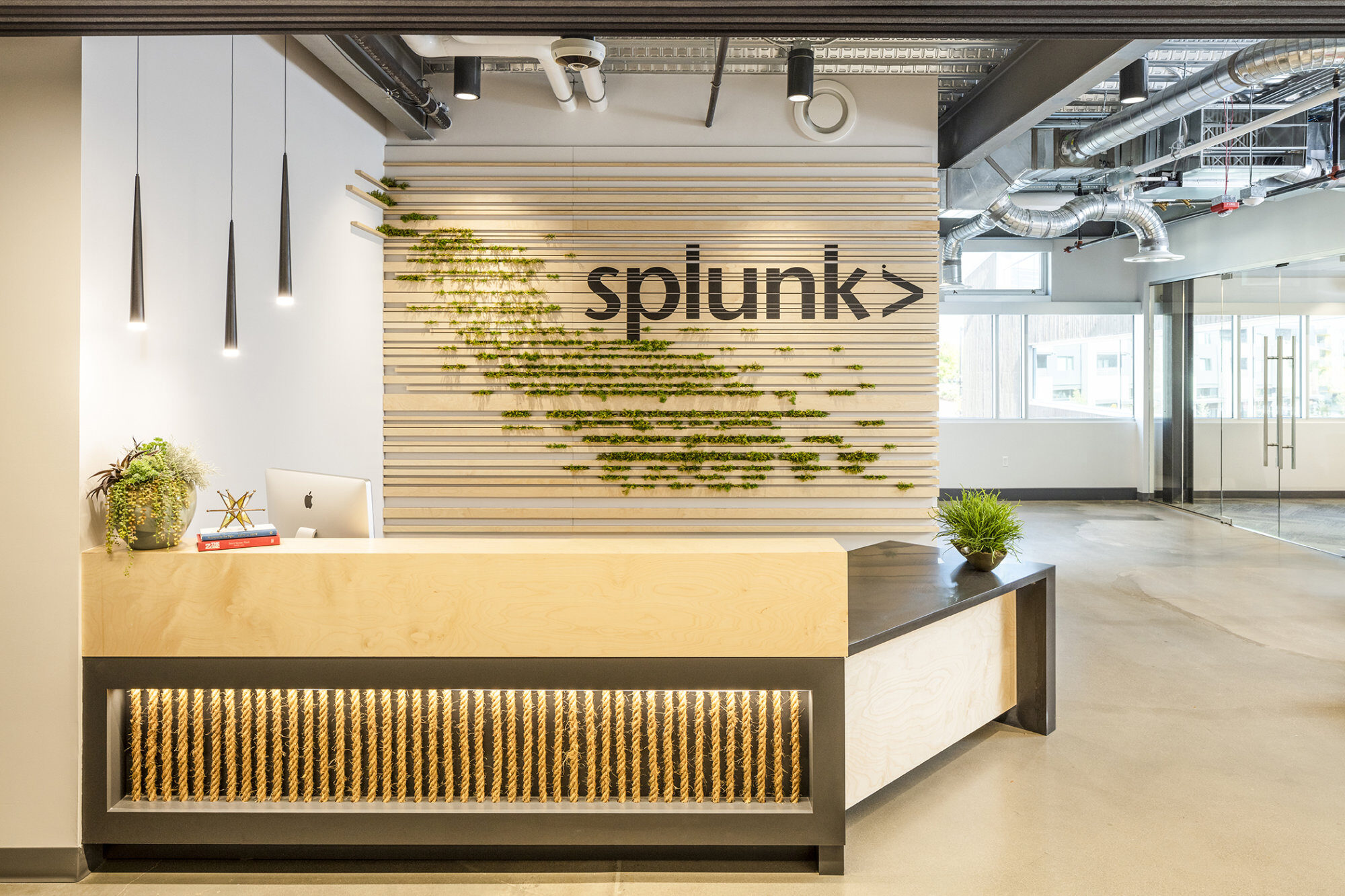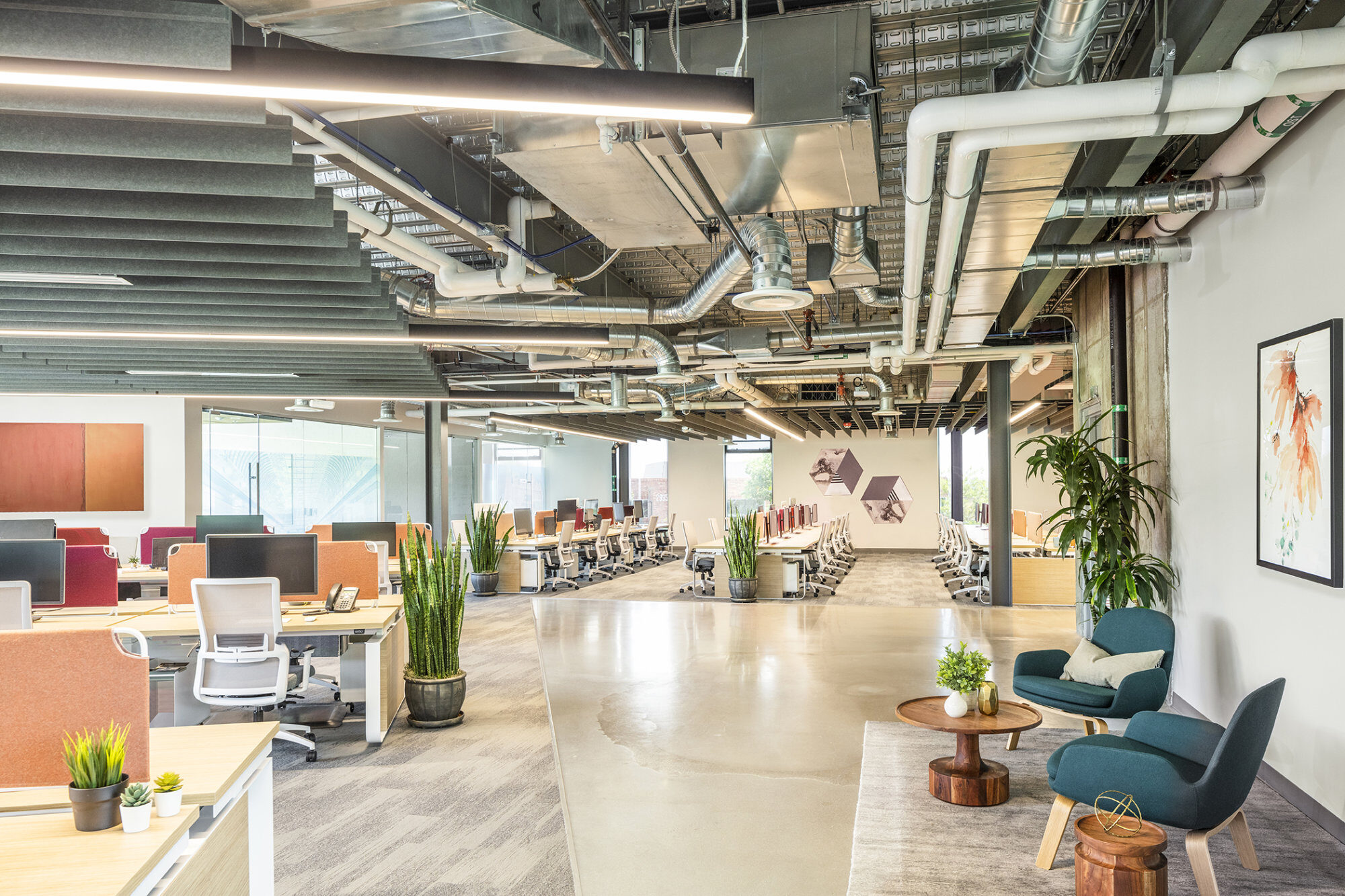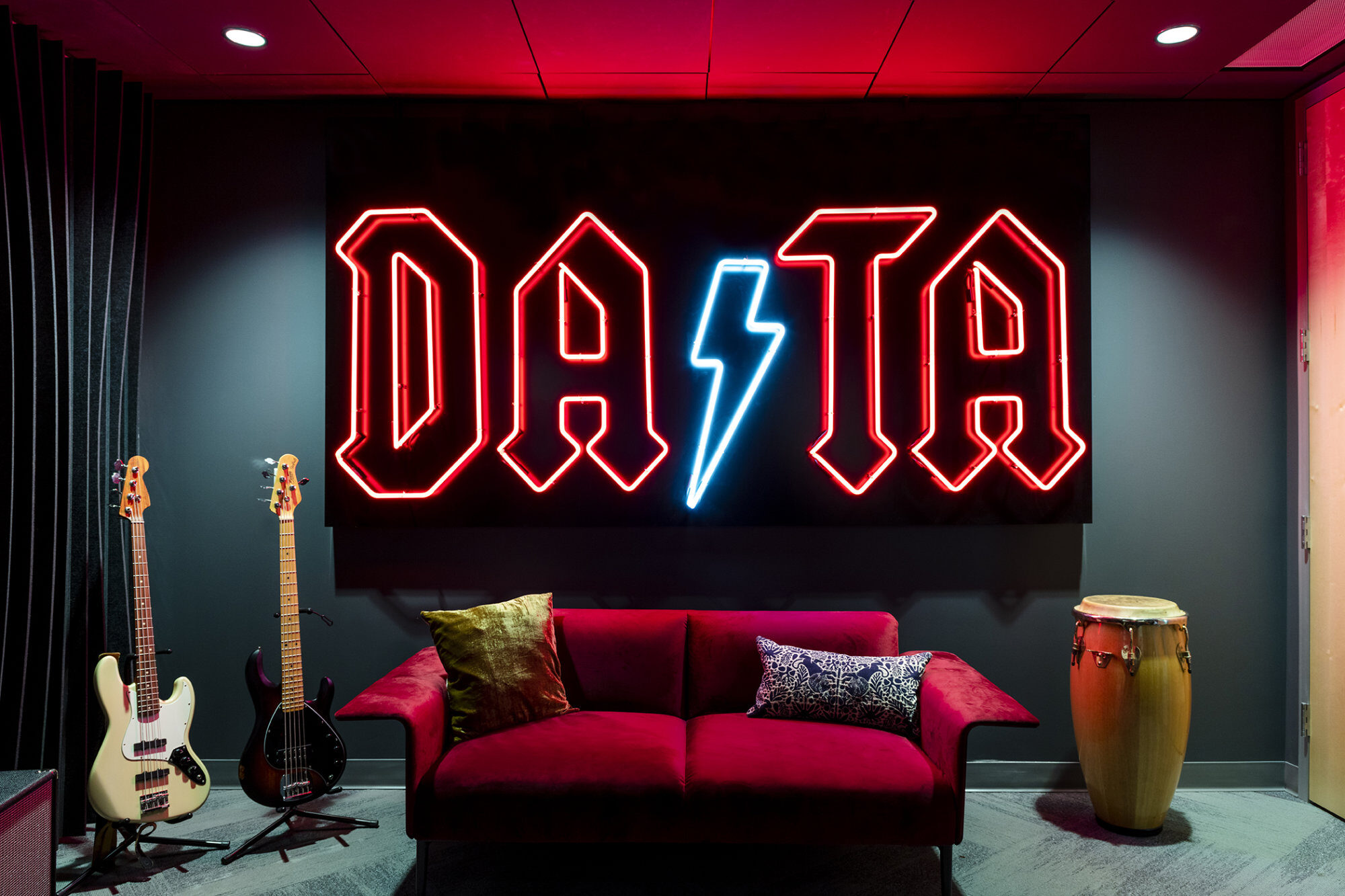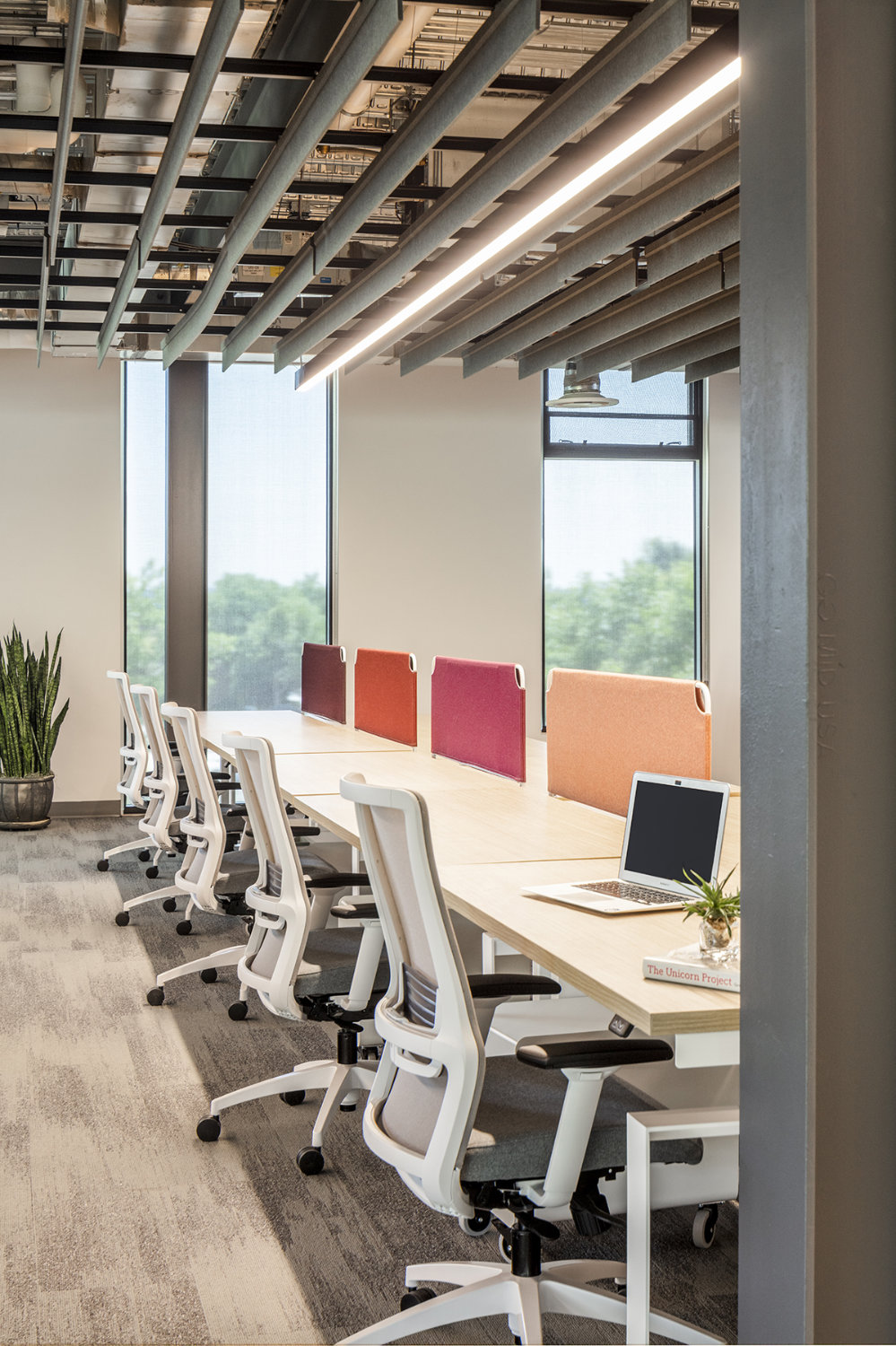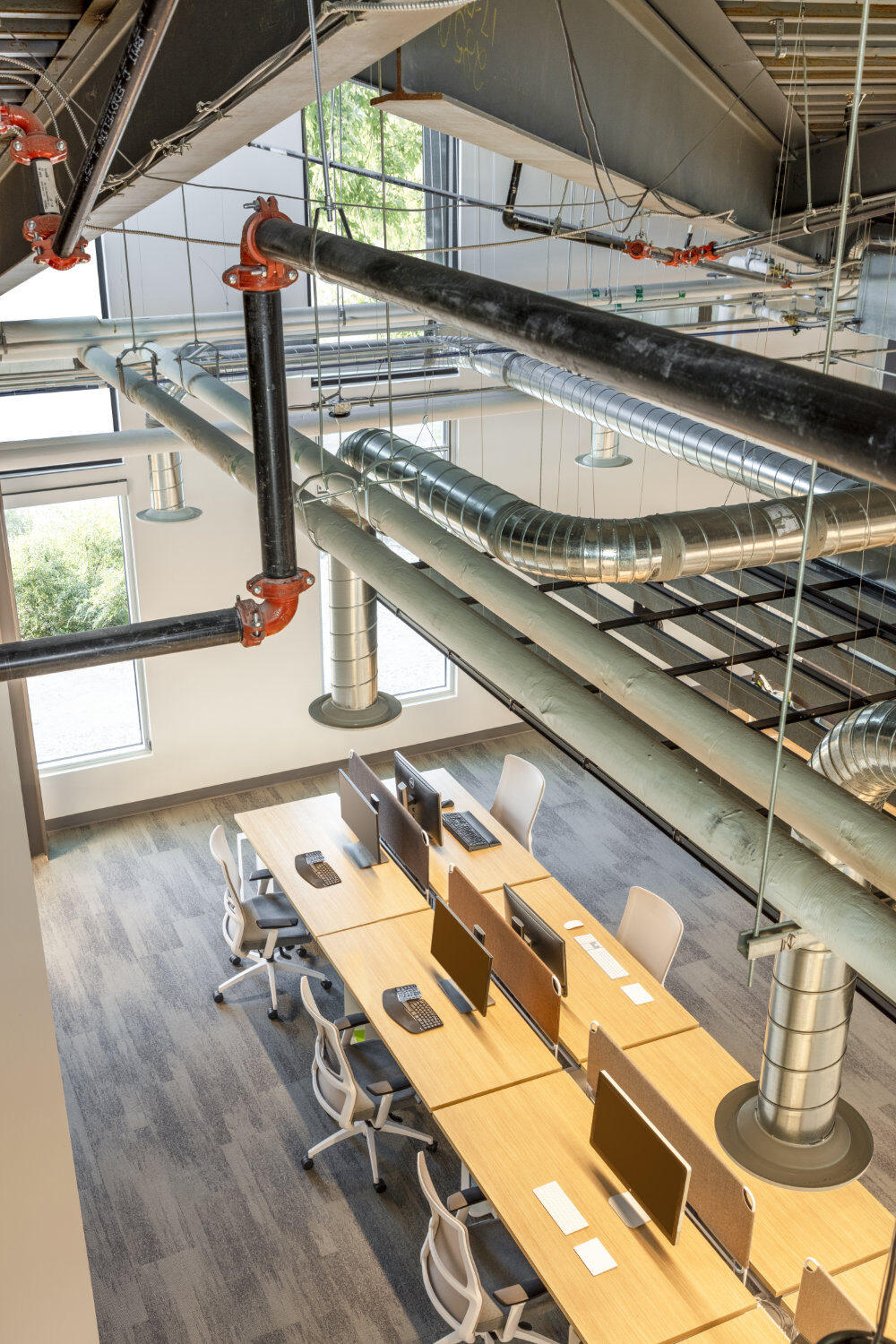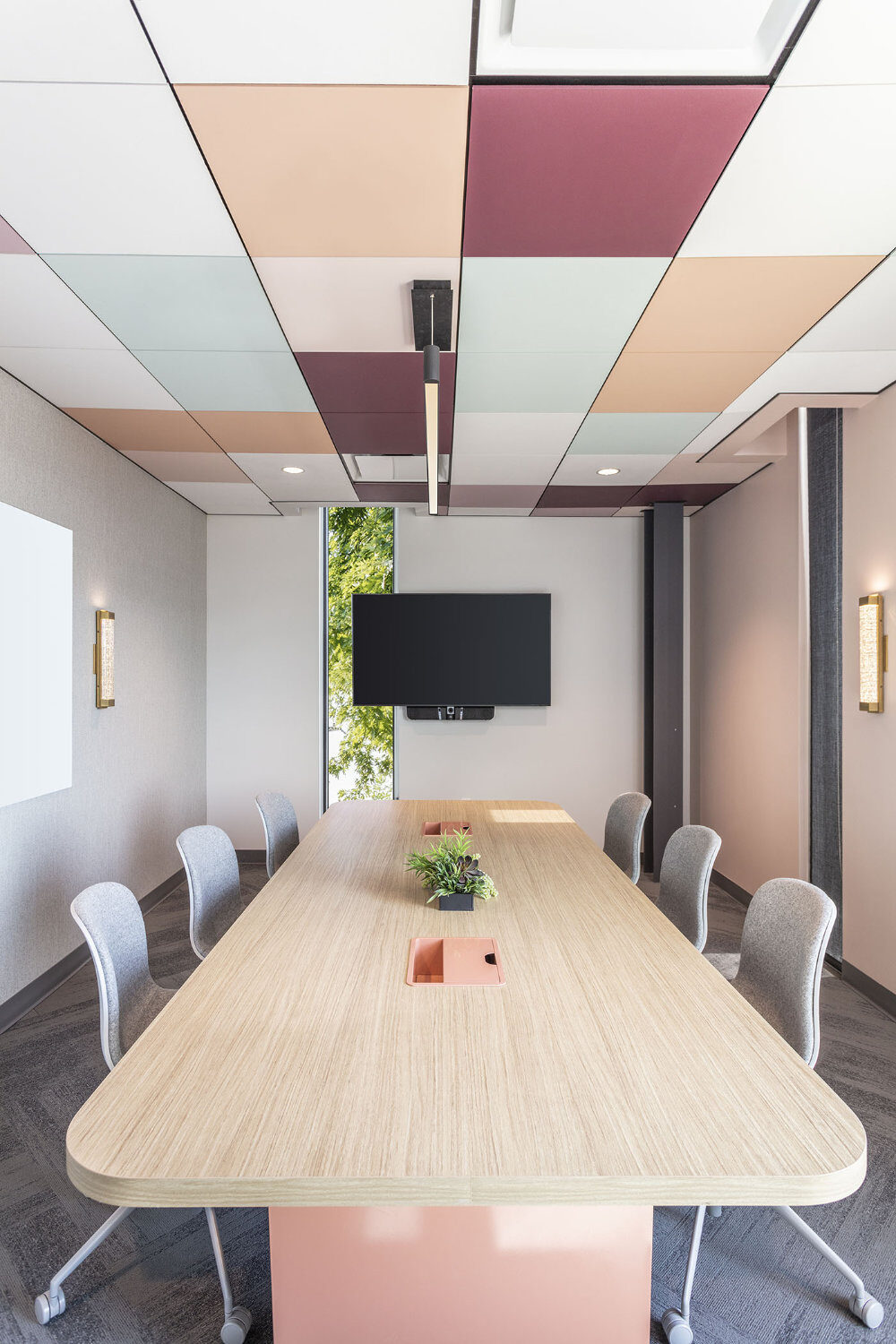Boulder Colorado Tech Campus Excellence: Strategic Office Layout Design
The Splunk Boulder Colorado campus transformation represents a benchmark for technology workspace design in the United States’ premier innovation corridor. This comprehensive project demonstrates how expert project management and innovative office layout solutions can create dynamic, collaboration-focused environments that support rapid technology development and attract top talent within Colorado’s thriving tech ecosystem.
Located in Boulder’s renowned technology district, this project required specialized understanding of both Colorado’s unique regulatory environment and the specific operational requirements of enterprise software companies. The transformation involved comprehensive integration of high-performance computing infrastructure, flexible development spaces, and cutting-edge collaboration technologies that enable Splunk’s data analytics teams to deliver innovative solutions for enterprise clients worldwide.
The success of this technology campus project showcases the critical importance of understanding Boulder’s competitive talent market, Colorado’s business-friendly regulatory framework, and the innovative workplace culture that defines the region’s technology sector. From initial design conceptualization through final occupancy, every phase required expert coordination between specialized technology contractors, local Colorado construction teams, and international design consultants.
Advanced project planning services were essential to coordinate complex technology installations while maintaining compliance with Colorado building codes and federal data security requirements. The project demonstrated how strategic construction oversight can optimize outcomes for enterprise software companies seeking to establish or expand operations in America’s fastest-growing technology markets.
Construction Management for Enterprise Software Environments
The Splunk Boulder project required sophisticated construction management and specialized expertise in enterprise-grade technology infrastructure installations. The construction team navigated complex logistics including high-capacity data center cooling systems, redundant power distribution networks, and advanced electromagnetic shielding solutions designed to protect sensitive data processing operations from interference.
Project coordination protocols addressed Colorado’s stringent environmental regulations, coordination with local utility providers for enhanced power capacity, and integration with Boulder’s sustainable building initiatives. The construction management approach emphasized both technical precision and environmental responsibility, incorporating renewable energy systems and sustainable materials that align with Colorado’s clean energy goals and Splunk’s corporate sustainability commitments.
Quality control measures included comprehensive testing of all enterprise technology systems, detailed documentation for federal compliance requirements, and implementation of advanced security measures that protect intellectual property and client data. The project delivery approach prioritized scalability, incorporating modular infrastructure systems that can adapt to Splunk’s rapidly evolving data analytics platform requirements and future expansion needs.
Employee Experience Design and Innovation Culture
The office design philosophy centered on creating flexible, innovation-driven workspaces that support Splunk’s collaborative software development methodology while accommodating Colorado’s outdoor-oriented workforce culture. Employee experience design considerations included open development labs for agile software teams, quiet analysis areas for complex data science work, and technology-integrated demonstration spaces that enable real-time data visualization and client presentations.
Workspace optimization strategies incorporated biophilic design elements that reflect Boulder’s natural mountain environment, recreational areas that support work-life balance, and flexible meeting spaces that adapt to various team sizes and project requirements. The design balanced cutting-edge technology infrastructure with Colorado’s preference for natural materials, abundant natural lighting, and direct access to outdoor collaboration areas that take advantage of Boulder’s exceptional climate.
Advanced workplace technology integration included state-of-the-art development environments for software engineering teams, high-performance computing clusters for data analytics processing, and comprehensive video collaboration systems that connect Boulder teams with Splunk’s global development centers. The space design demonstrates how thoughtful planning creates inspiring work environments that support both technical innovation and the lifestyle preferences that make Boulder attractive to top technology talent.
Technology Infrastructure and Operational Scalability
The project’s approach to technology infrastructure focused on creating robust, enterprise-grade systems that support Splunk’s high-performance data analytics platform while ensuring security and regulatory compliance. Infrastructure planning included redundant internet connectivity through multiple Colorado telecommunications providers, advanced cybersecurity systems that meet federal data protection standards, and comprehensive disaster recovery capabilities that ensure business continuity during natural events common to the Colorado region.
Sustainability initiatives aligned with Colorado’s renewable energy leadership included installation of solar power systems, energy-efficient computing infrastructure that reduces carbon footprint, and comprehensive recycling programs for electronic waste. The facility management strategy incorporated predictive maintenance technologies and IoT monitoring systems that optimize energy consumption while maintaining optimal performance for Splunk’s demanding computational workloads.
The long-term value proposition extends beyond immediate operational benefits to include enhanced capability for large-scale data processing, improved development team productivity through optimized collaboration environments, and strategic positioning for continued growth within Colorado’s expanding technology corridor. The successful integration of enterprise software requirements with Colorado’s regulatory framework and outdoor-oriented culture demonstrates how strategic construction management can support rapid business growth while establishing strong foundations for long-term success in America’s most dynamic technology markets.
